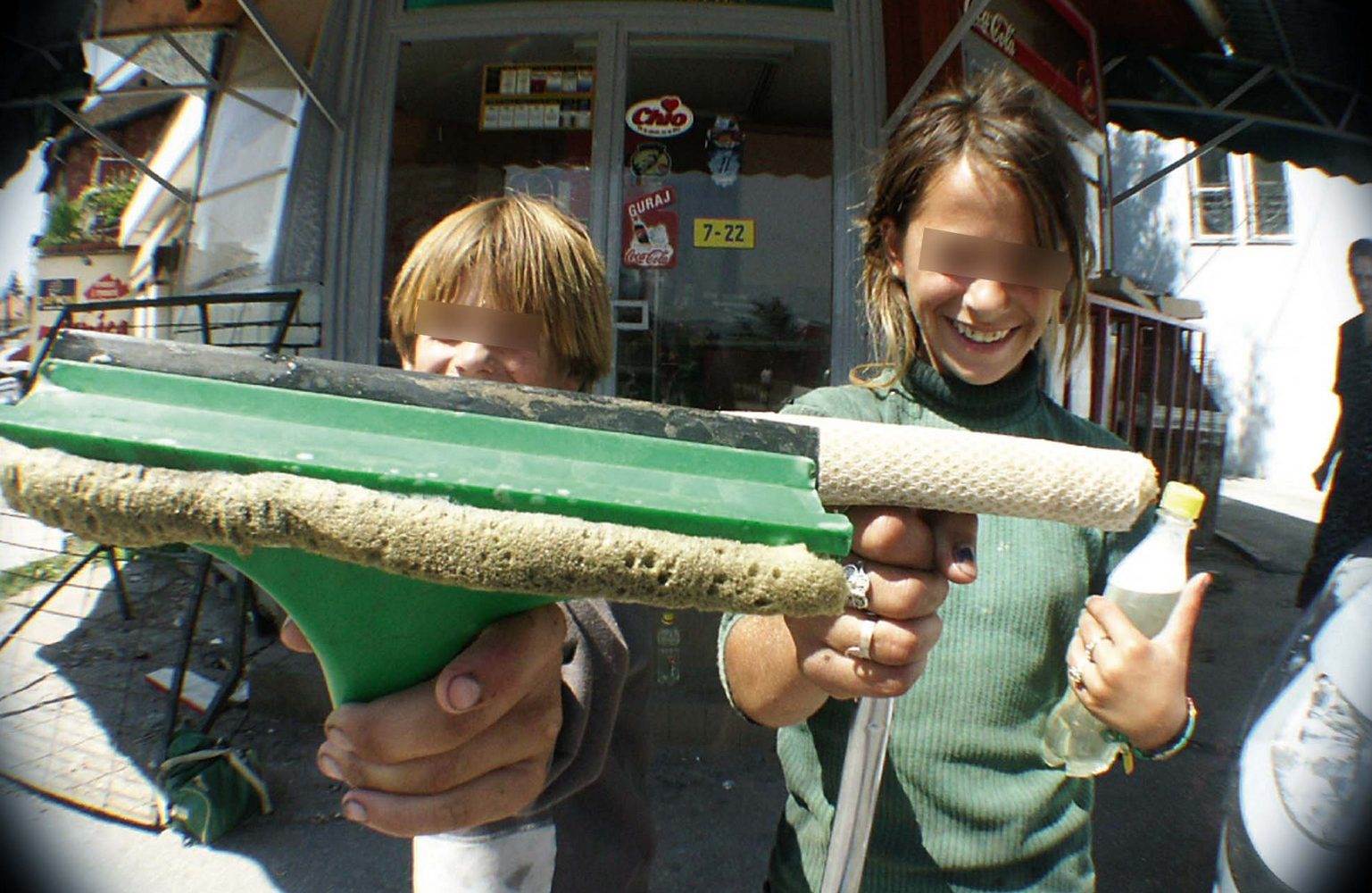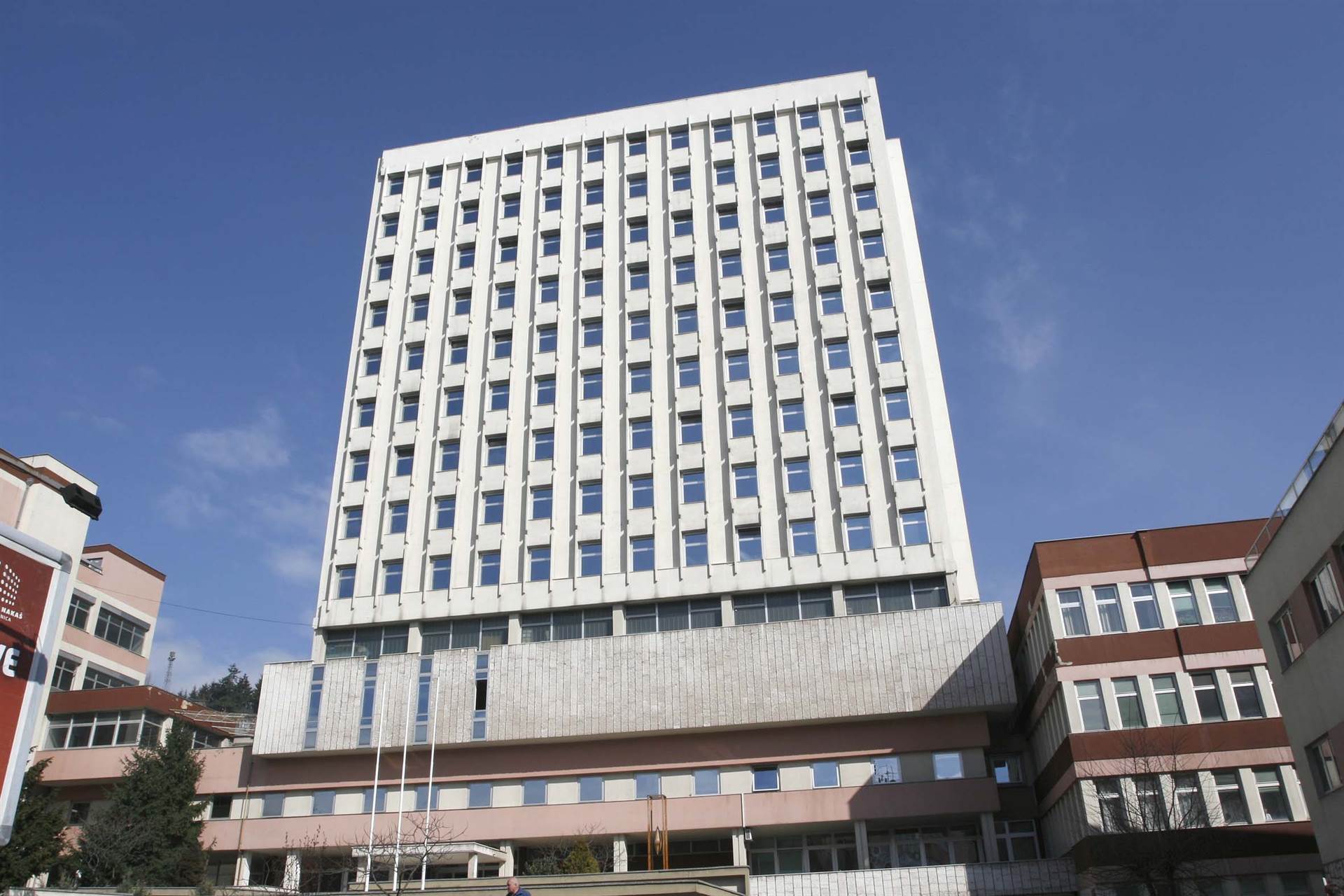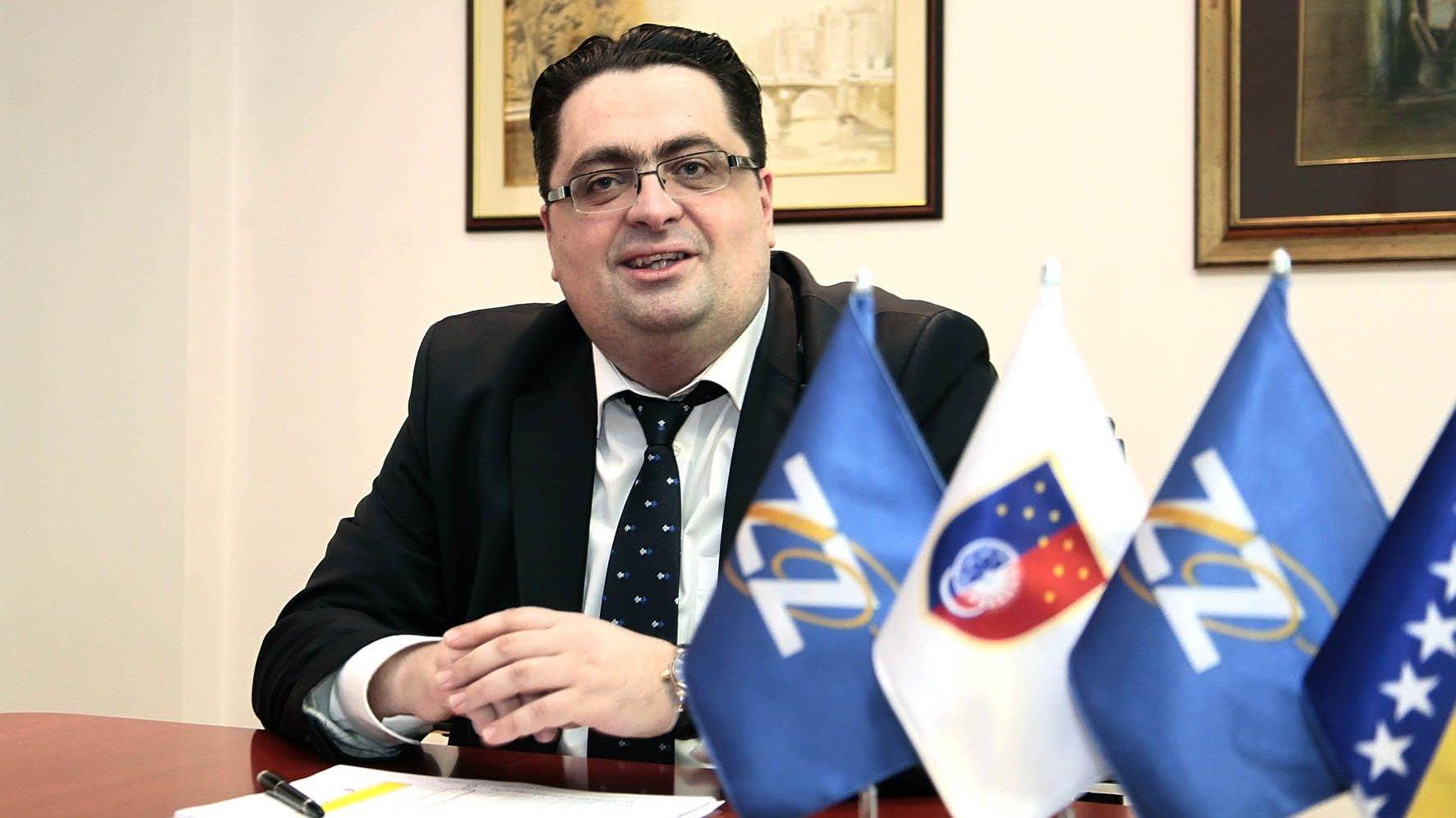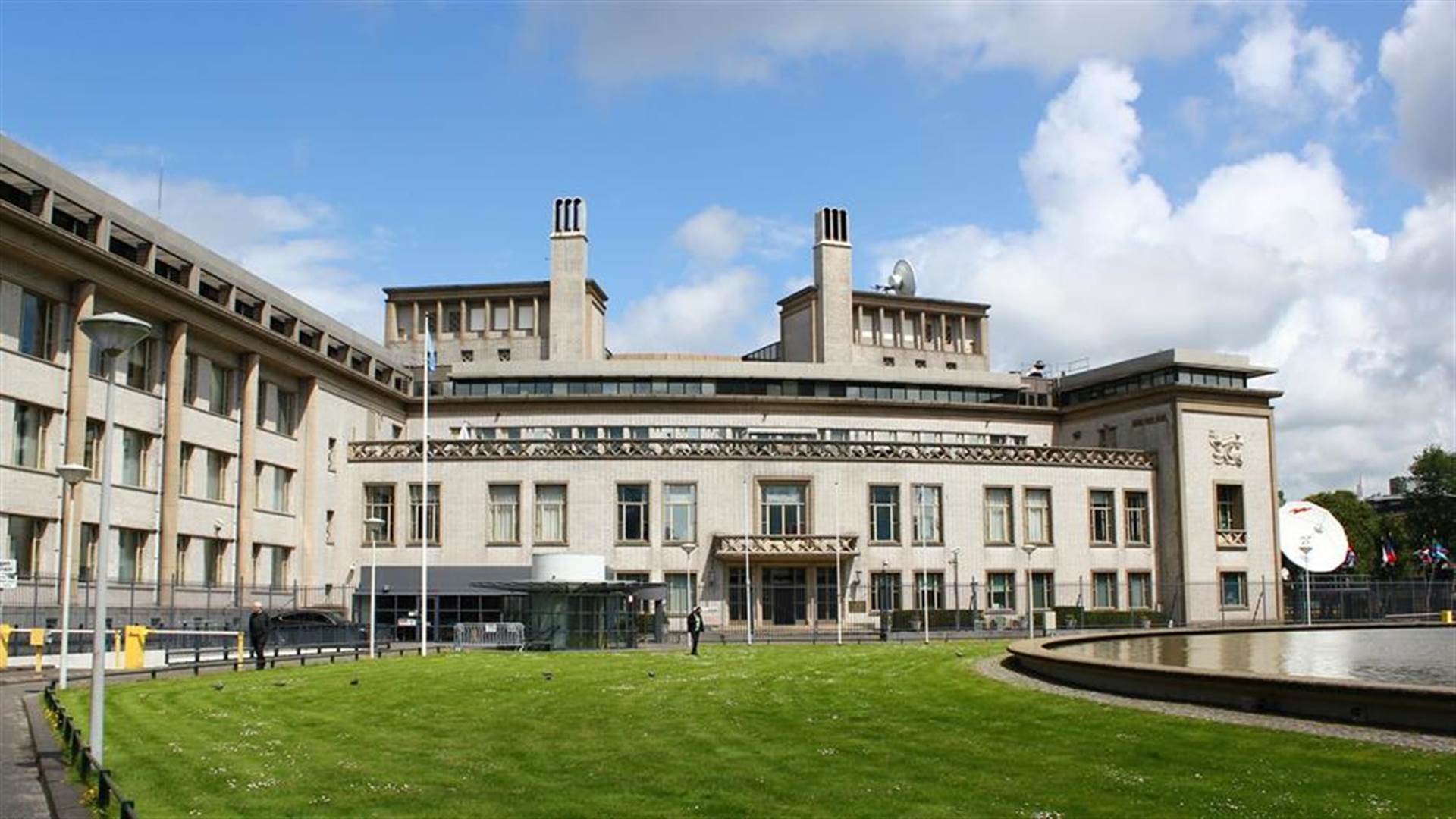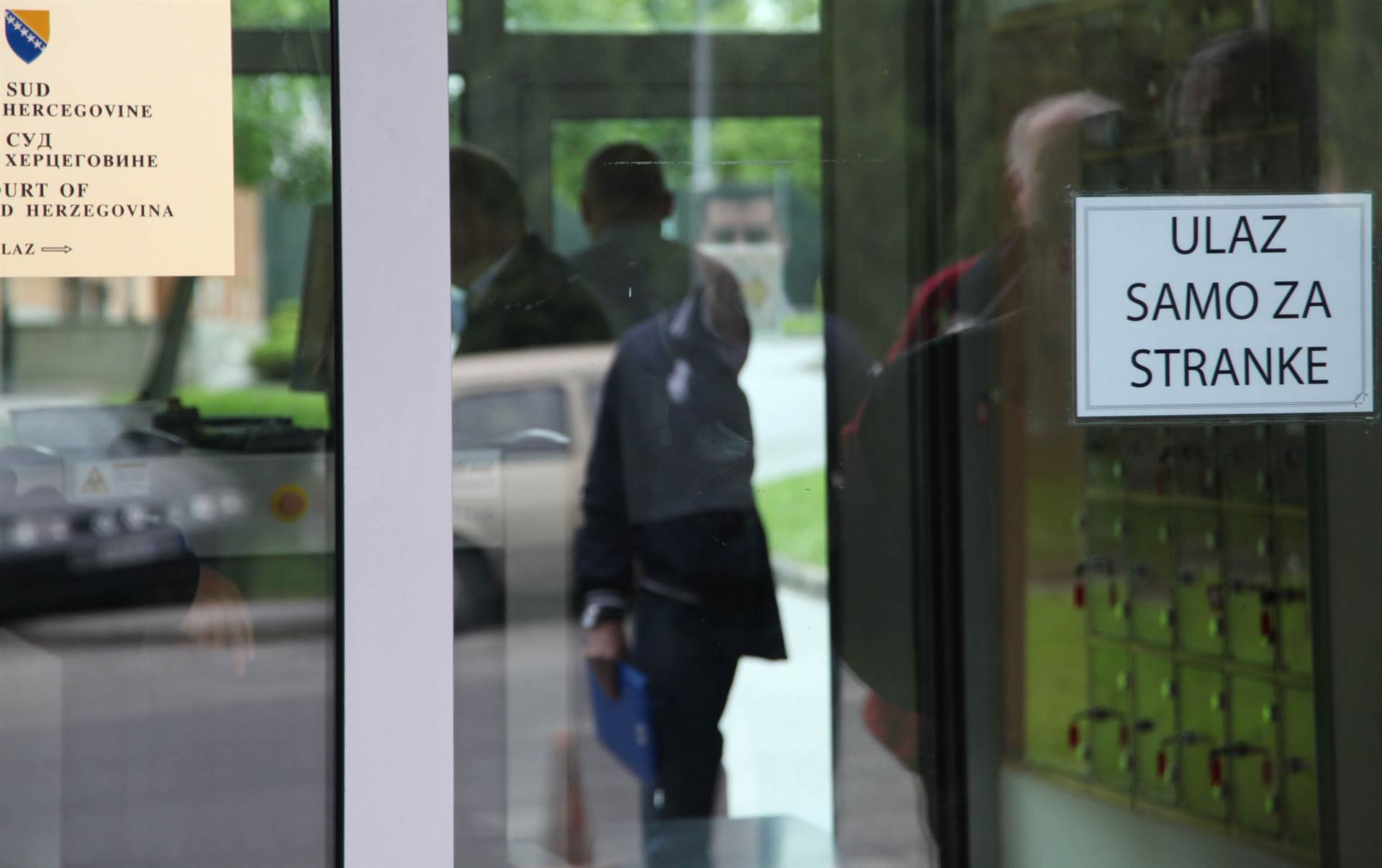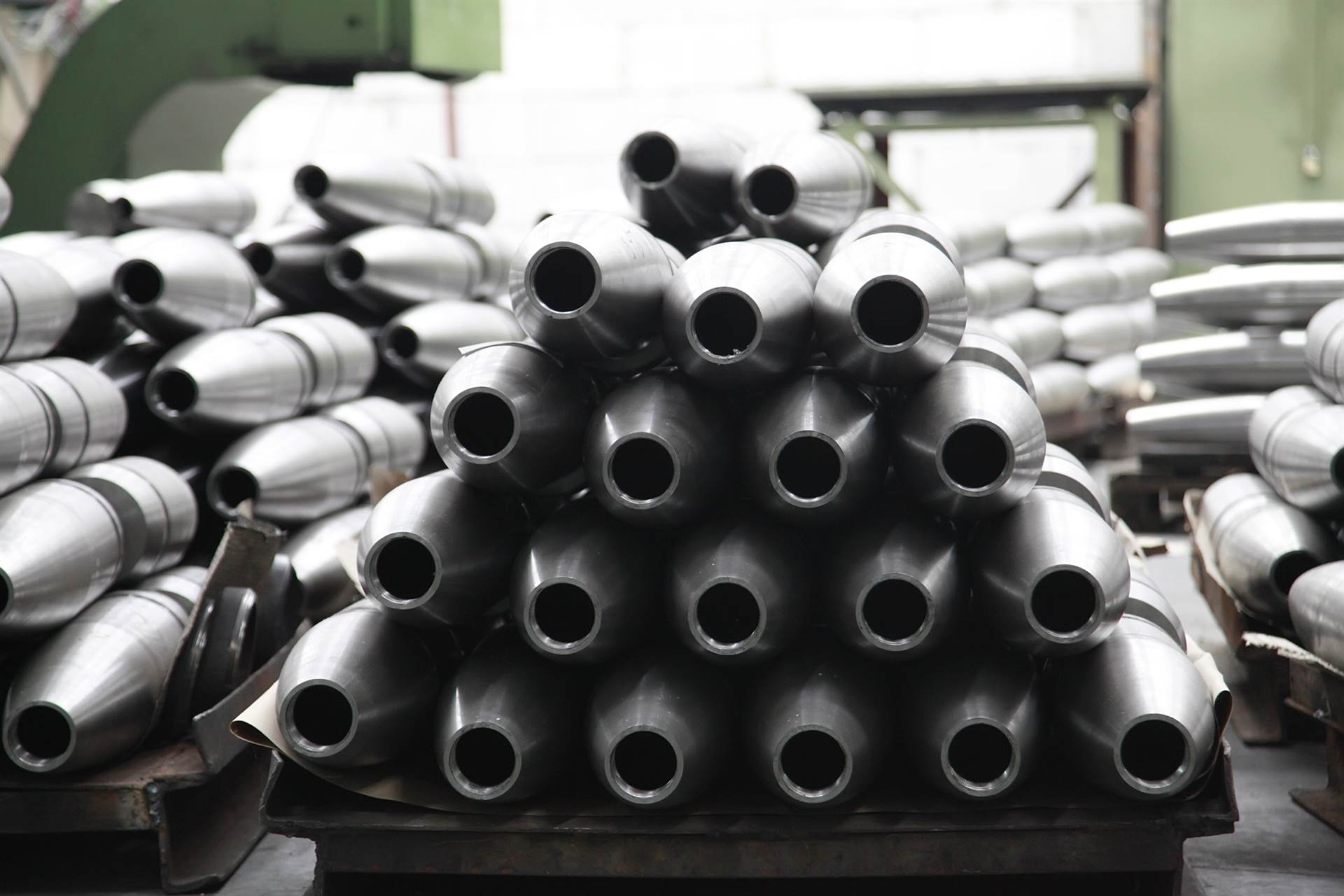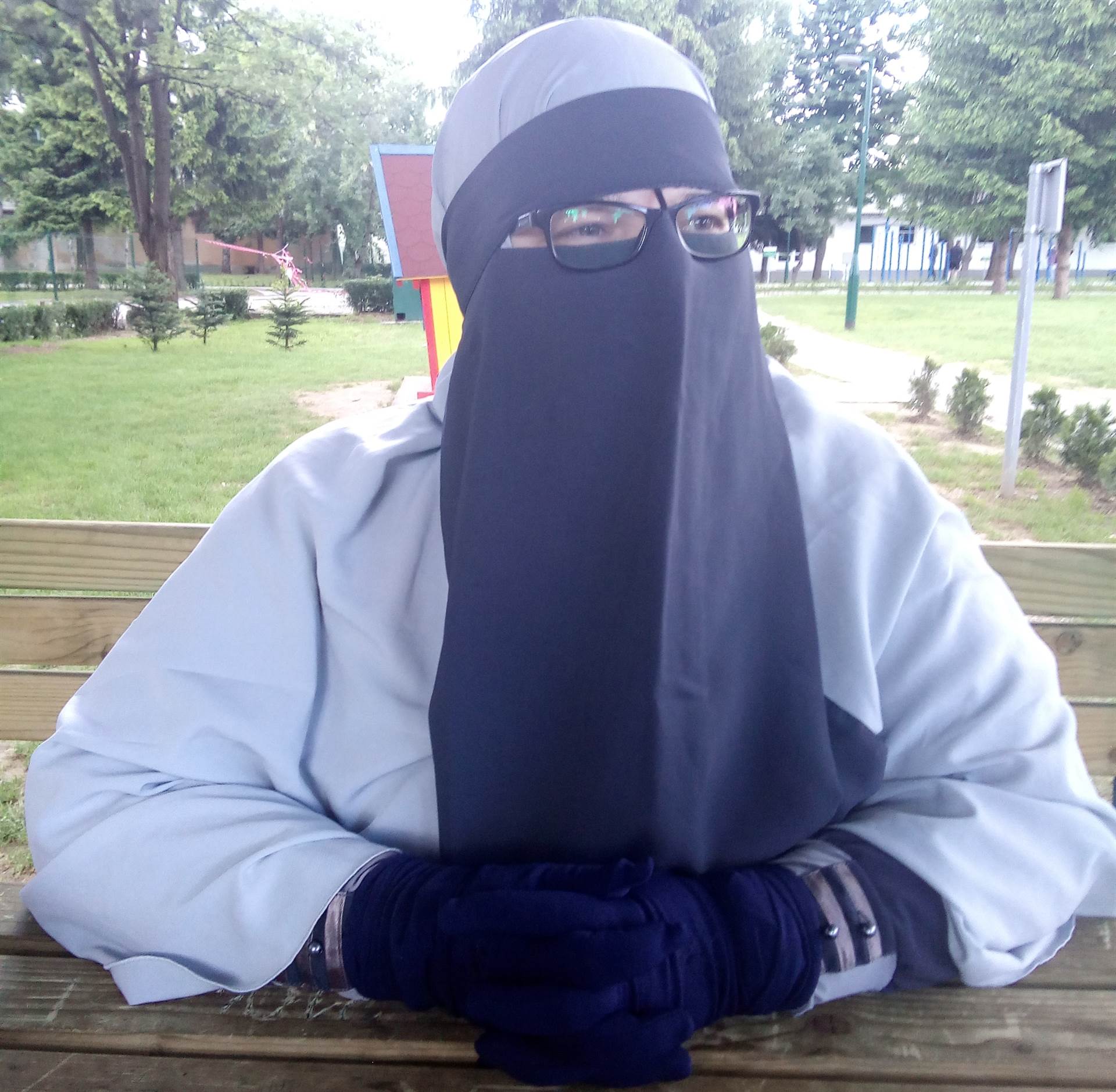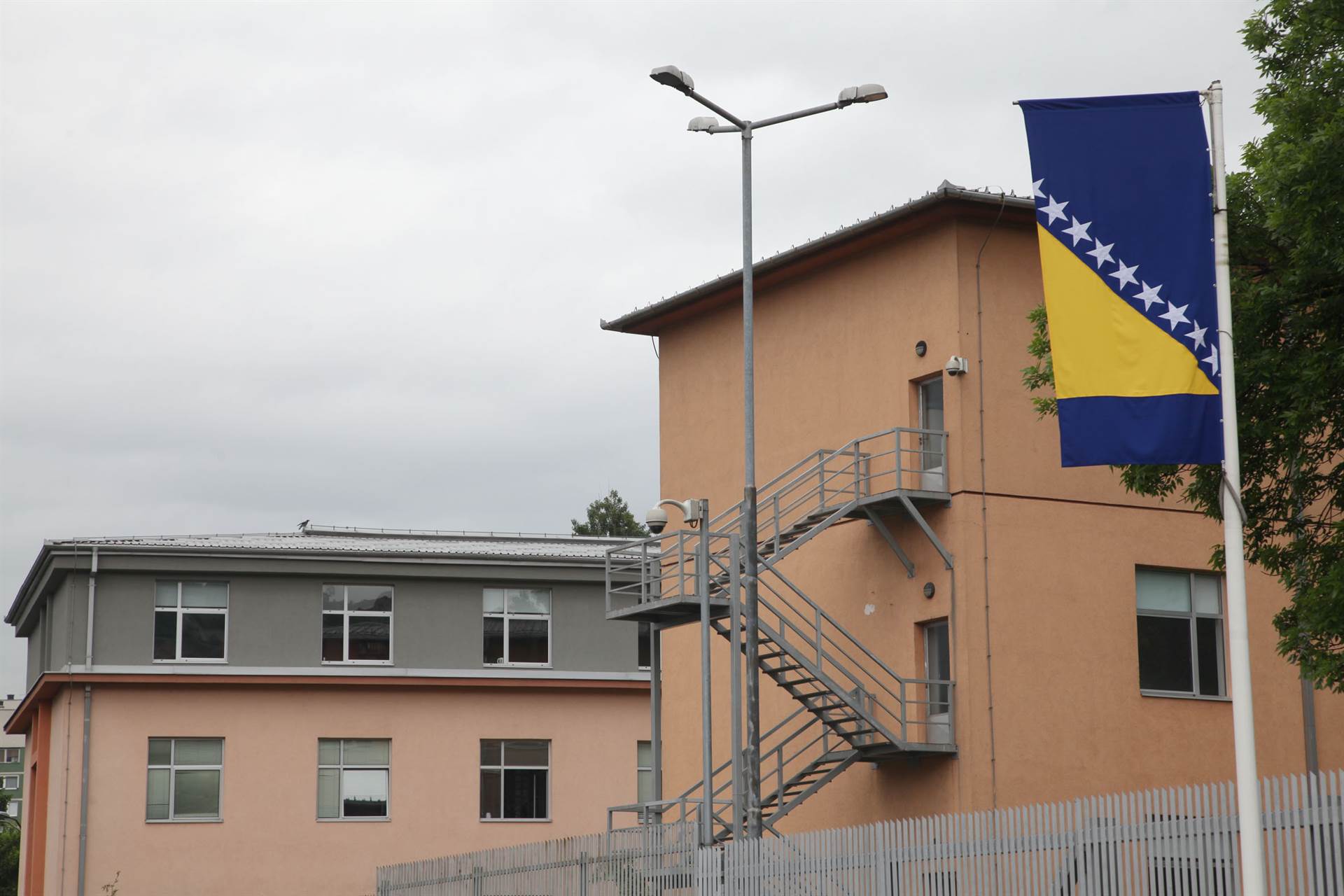Despite the fact that some cases involve the organised exploitation of minors, the Bosnian authorities have failed to find a workable solution to the widespread problem of children begging on...
The percentage of non-medics working in Bosnian hospitals is too high and is suffocating the health sector, experts warn.
The former director of the Health Insurance Institute of Sarajevo Canton faces a lawsuit after spending more than 20,000 euros on a conference in the US that never took place.
After accusations of genocide, ethnic cleansing, brutal detentions and a punishing siege, lawyers in the four-year trial of Bosnian Serb military chief Ratko Mladic begin to present their closing arguments...
After Gordana Tadic became Bosnia and Herzegovina’s new acting chief prosecutor, controversy erupted as the prosecution was accused of bias over the arrests of ten Bosnian Croats on war crimes...
Legal experts said that all allegations by war crimes witnesses who claimed investigators put pressure on them to incriminate suspects must be properly probed and new measures put in place...
More than 1,000 women in Bosnia and Herzegovina who suffered sexual violence during the 1990s conflict cannot become mothers because of serious psychological traumas and the medical consequences of being...
Recent weapons seizures in the Sarajevo area highlight how Bosnians still possess hundreds of thousands of illegal firearms from the 1990s war which pose a threat to public safety and...
Nearly 50 candidates for the positions of mayor or municipality chief in next month’s Bosnian elections have been convicted of, charged with or investigated for organised crime, corruption or war...
Muslim women who wear the face-covering niqab say they are often insulted or mocked on the streets of Bosnia and Herzegovina, but are determined to show they are following religious...
Fewer than 30 plea bargains have been made in war crimes cases, even though prosecutors say they often yield information about mass graves or about other perpetrators of atrocities.
During the siege of Sarajevo, the city’s firefighters battled thousands of blazes while trying to dodge sniper bullets and shells, risking their own lives to save others.

